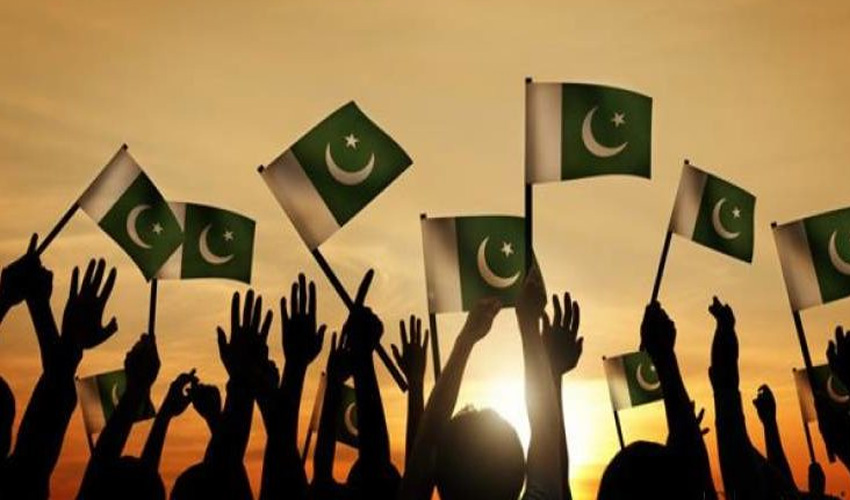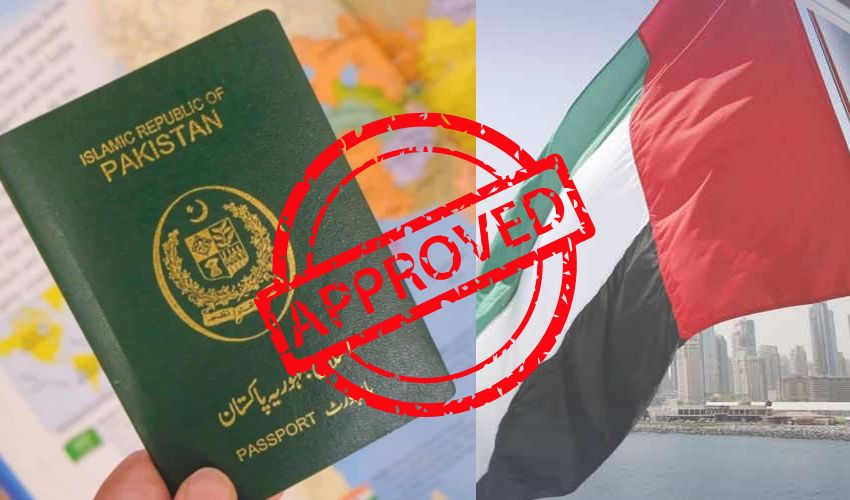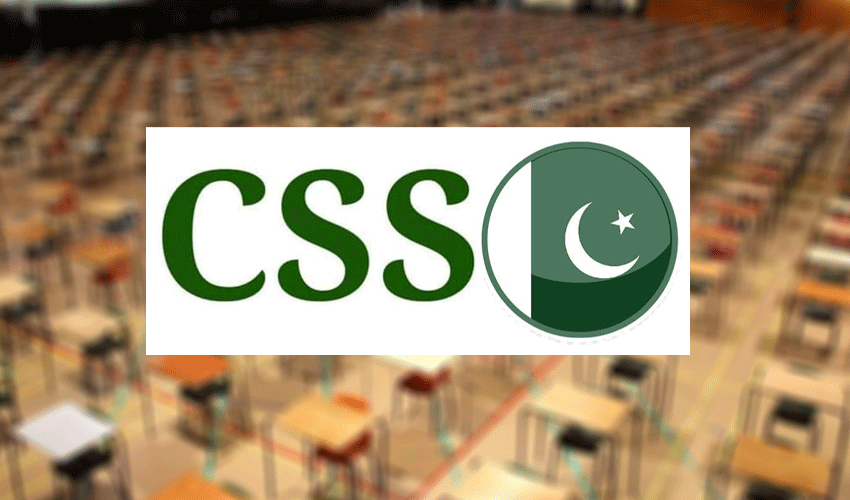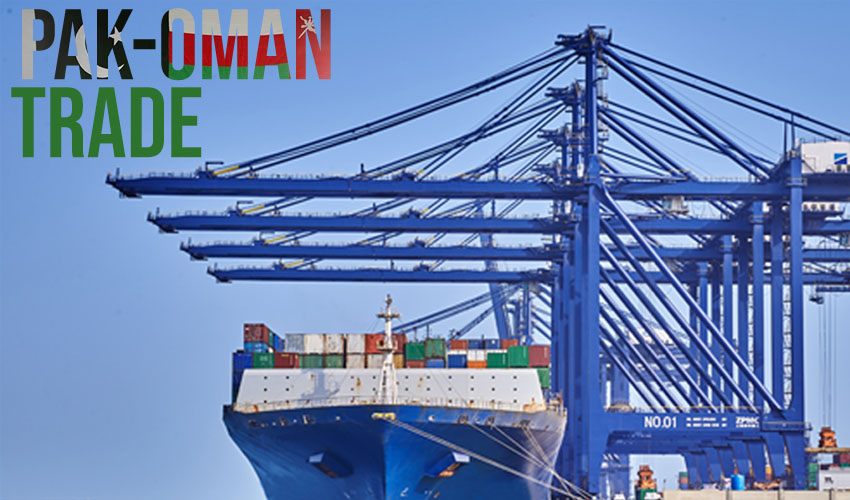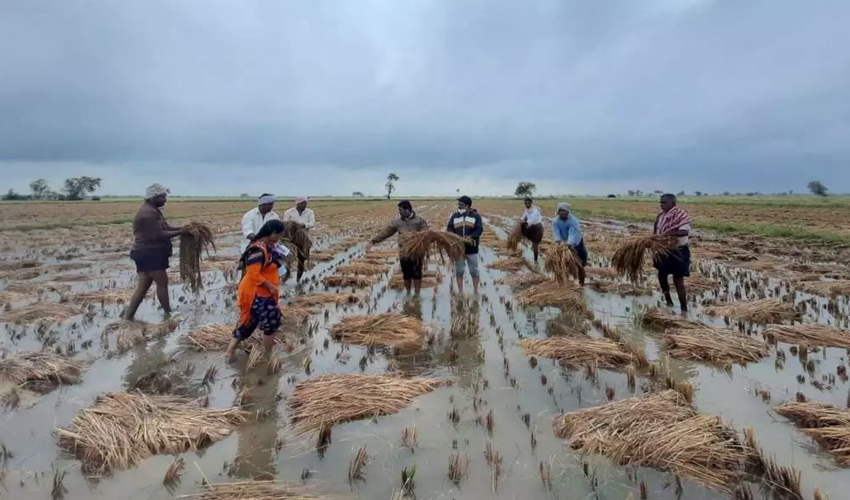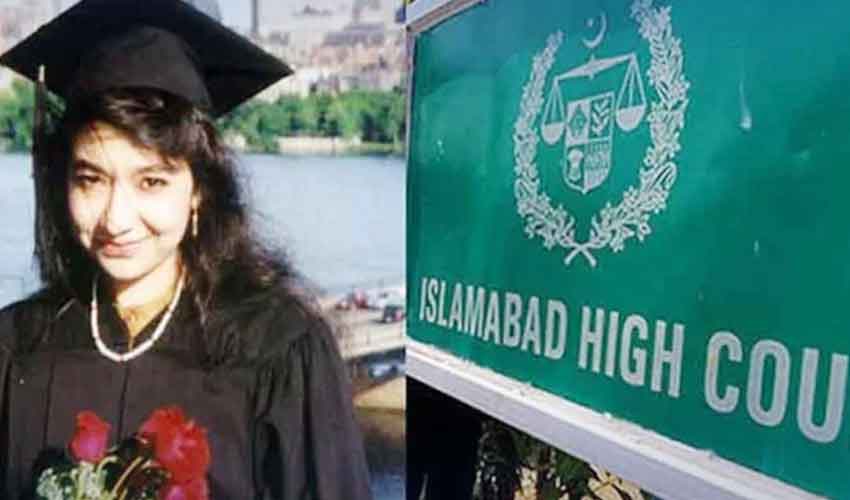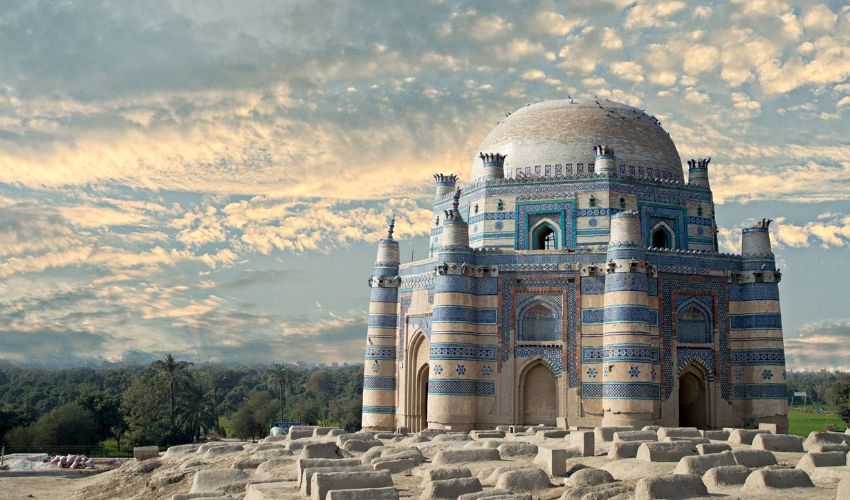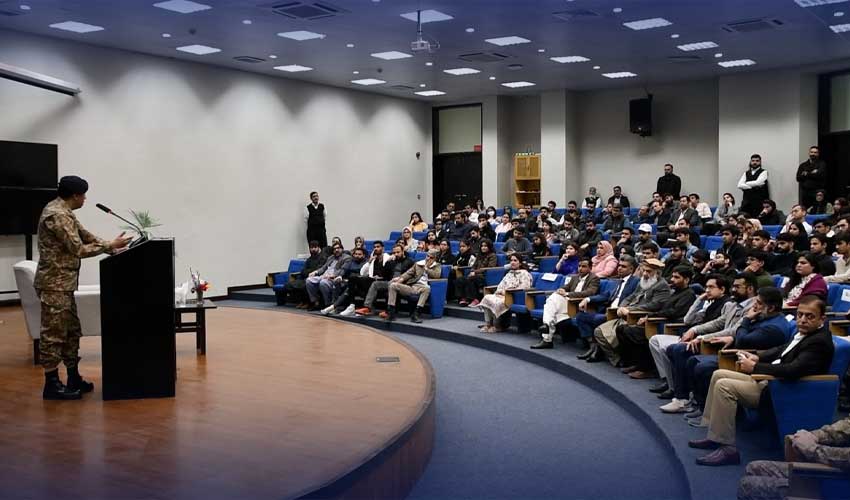The youth are the bedrock of any nation, society, and state. It is their energy, creativity, and commitment that can propel nations to eternal prominence, societies to peace and development, and states to maintain their identities. Throughout history, whenever revolutions have swept across regions, it is often the youth who have served as the most powerful and active force behind them.
In Pakistan, a nation that emerged as an independent state in August 1947, the role of the youth has been central to its identity and development. While the history of Pakistan arguably began in 1857 with the first War of Independence, it was the leadership of Quaid-e-Azam Muhammad Ali Jinnah, a fearless, educated, and principled leader, that truly changed the map of the subcontinent. Jinnah’s greatest strength was the youth. He travelled to every corner of India, impressing upon the youth their significance and instilling in them a sense of purpose that eventually forced the British to cede control, with the colonial government crumbling like a pile of sand before the tidal wave of youth-driven change.
In his addresses to students at Islamia College Peshawar and Lahore, Quaid-e-Azam expressed hope that the youth, if mobilised positively, possess the power to change the world. This vision of youth as a transformative force was echoed by Allama Muhammad Iqbal, the philosopher-poet of Pakistan, who likened the youth to ‘Shaheen’ (eagles) in his poetry, and whose ideals were brought to life under Jinnah’s dynamic leadership.
Over the seven decades since Pakistan’s creation, it is the youth who have been the nation’s true saviours. Even in the worst of times, they have displayed their abilities and resilience, ensuring the survival of the state. History teaches us that the fortunes of nations are often swayed by circumstances and events, which can either foster hope or sow despair. But it is the leadership that ultimately determines whether the younger generation can be guided out of the depths of despair and onto a path of hope, where success becomes inevitable.
Pakistan is fortunate in that a large portion of its population is young. This demographic is our true strength, one that we can harness to secure a prominent place for Pakistan on the global stage. However, for many years, there was a gap in Pakistan—a void in terms of platforms that could allow the youth to actively contribute to the country's development in a way that aligned with the demands of the modern world.
In 2015, in an attempt to bridge this gap, we established the Youth General Assembly (YGA), when I was 18 years old. Many young, talented, and patriotic individuals joined this initiative, and together, we created a platform that forced the government to take notice of the youth's needs and aspirations. The YGA quickly became a platform where young people from various universities and colleges, representing diverse schools of thought, could come together. It created an environment of healthy competition, aimed at not only developing the skills of the youth but also providing them with opportunities to engage in national politics constructively.
Our journey was not without challenges – through seminars and discussions – we encouraged positive and constructive criticism and embraced differences of opinion. This platform provided the youth with a voice, enabling them to express their thoughts freely and develop constructive thinking. Alhamdulillah, we succeeded in our mission. Today, the YGA has been in existence for almost a decade, with our delegations representing Pakistan at the international level. We have built a force that is ready to work for Pakistan's security and development, irrespective of political affiliations.
This platform also earned me the opportunity to serve as a Focal Person for the Prime Minister’s Youth Programme (PMYP) in Punjab. This position has allowed me to highlight the issues faced by Pakistani youth, whether educational or otherwise, and to play a supportive role in helping them emerge from the quagmire of despair and engage actively in the nation’s development. I am deeply grateful to the Prime Minister and the PM’s Youth Programme Chairman for entrusting me with the critical responsibility of bridging the gap between the government and the youth.
Despite the many problems and limited resources, the PM’s Youth Programme Chairman and I worked tirelessly to create opportunities that would benefit the youth, regardless of their political affiliations. Even now, under the PMYP, revolutionary steps are being taken daily. A large number of young people are charting their bright futures through this programme. This journey has set Pakistan on a path that will undoubtedly lead to a prominent place in the world.
The youth are the future of Pakistan, and our efforts today to empower and guide them will determine the destiny of our nation. For this purpose, the PMYP focuses primarily on three key areas: education, employment, and entrepreneurship. By investing in these areas, the youth of Pakistan will undoubtedly lead the country to a brighter and more prosperous future.





